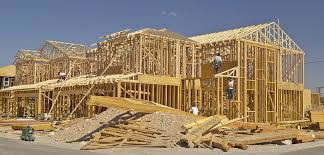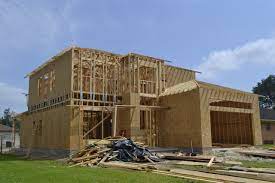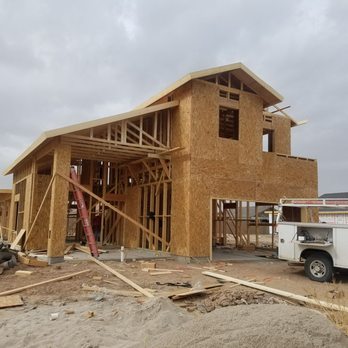In the intricate dance of construction projects, the role of a general contractor often stands as the linchpin, orchestrating various moving parts to bring a vision into reality. Understanding what general contractors do is crucial for anyone embarking on a construction project. Yet, for many outside the industry, the responsibilities and intricacies of a general contractor’s role can remain shrouded in mystery. In this guide, we aim to illuminate the path, providing a comprehensive understanding of what general contractors do and why their role is crucial in the construction process.
Contents
Understanding the Role
What is a General Contractor?
At its core, a general contractor is a professional responsible for overseeing and managing construction projects from start to finish. They act as the primary point of contact, coordinating all aspects of the project, from hiring subcontractors to ensuring compliance with building codes and regulations.
What General Contractors Do
One of the fundamental duties of a general contractor is to manage the various subcontractors involved in a project. From plumbers to electricians, carpenters to painters, a general contractor must liaise with and schedule these specialists to ensure seamless progress.

Pre-Construction Phase
Planning and Budgeting
Before breaking ground, general contractors are involved in the initial planning stages of a project. This includes creating timelines, estimating costs, and developing a budget. Their expertise in construction allows them to anticipate potential challenges and mitigate risks before they arise.
Securing Permits and Approvals
Navigating the labyrinth of permits and approvals is another crucial task for general contractors. They liaise with local authorities to ensure compliance with building codes and regulations, obtaining the necessary permits to proceed with construction.
Construction Phase
Overseeing Construction
Once the groundwork is laid, the general contractor shifts into high gear, overseeing every aspect of construction. From coordinating deliveries to managing subcontractors on-site, they ensure that the project progresses according to plan and within budget.
Problem Solving and Decision Making
Inevitably, obstacles and challenges arise during construction. Whether it’s inclement weather delaying progress or unforeseen structural issues, general contractors are adept at problem-solving and making crucial decisions to keep the project on track.
Quality Control
Maintaining quality standards is paramount in construction. General contractors conduct regular inspections to ensure that work meets specifications and adheres to industry standards. They address any deficiencies promptly to maintain the integrity of the project.
Post-Construction Phase
Final Inspections and Closeout
As the project nears completion, general contractors oversee final inspections to ensure compliance with building codes and regulations. They also handle the closeout process, which involves obtaining final approvals, completing documentation, and ensuring a smooth transition to the client.
Client Communication and Satisfaction
Throughout the project, general contractors maintain open lines of communication with the client, providing regular updates on progress and addressing any concerns or questions. Ultimately, their goal is to ensure client satisfaction by delivering a completed project that meets or exceeds expectations.

The Importance of General Contractors
Ensuring Efficiency and Coordination
General contractors play a pivotal role in streamlining the construction process. By coordinating various subcontractors and overseeing every aspect of the project, they ensure efficiency and prevent delays.
Mitigating Risks
Construction projects are inherently complex and fraught with risks. General contractors bring expertise and experience to the table, identifying potential pitfalls and implementing strategies to mitigate risks, ultimately safeguarding the success of the project.
Delivering Quality Results
At the end of the day, the mark of a successful general contractor is their ability to deliver quality results. From meticulous planning to rigorous quality control, they strive to exceed expectations and leave a lasting impression with their craftsmanship. In essence, what general contractors do is orchestrate the entire construction process, from inception to completion.
Conclusion
In the intricate tapestry of construction, the role of a general contractor stands as a beacon of leadership and expertise. From inception to completion, they navigate the complexities of the construction process with finesse, ensuring that projects are executed smoothly, efficiently, and to the highest standards of quality. So, the next time you embark on a construction project, don’t be left in the dark—rely on the expertise of a general contractor to illuminate the path to success.



